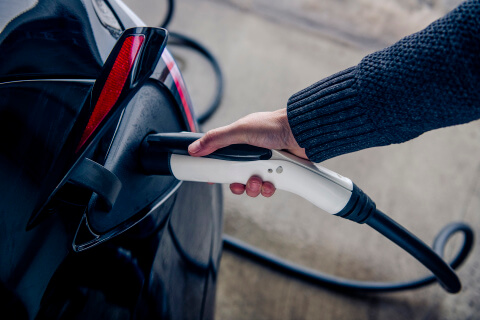Xcel Energy says it is intends to support 1.5 million electric vehicles (EVs) in its service areas by 2030.
As a result of Xcel Energy’s commitment, EVs would make up 20% of all vehicles on the road in those areas, more than 30 times the number today, helping save customers billions of dollars in fuel costs, while significantly cutting carbon emissions from transportation.
By making it easy for more people to use EVs through new charging infrastructure and customer programs, the company’s vision will build the future of clean, affordable transportation in the eight states it serves. As drivers, ride-share companies, public transit and other fleet operators replace vehicles with EVs, they will see substantial savings on fuel, because driving electric is equal to spending about $1 per gallon of gas and can be significantly less when charging overnight. By 2030, an EV would cost $700 less per year to fuel than a gas-powered car, saving customers $1 billion annually.
The transition to more electric cars, trucks and buses will also help keep bills low for all customers, including those who don’t drive an EV. The additional electricity sales generated by EVs more than pay for the system investment required to support them. So as more vehicles transition to electric, everyone will benefit from cleaner air and lower bills.
“EVs are important to the clean energy transition, and we are committed to making charging EVs easy, convenient and affordable for customers,” says Ben Fowke, chairman and CEO of Xcel Energy.
“By accelerating EV adoption in the coming years, we can drive major reductions in carbon emissions while helping our customers save money and making the most of our clean energy investments. We have substantial plans in place in the states we serve, and we can expand on this with partnership and support from policy makers, regulators, customers, automakers and our communities,” he adds.
Xcel Energy will help lead the way in its own operations, with plans to electrify all sedans by 2023, electrify all light-duty vehicles by 2030 and have 30% of its medium- and heavy-duty vehicles electrified by 2030.





